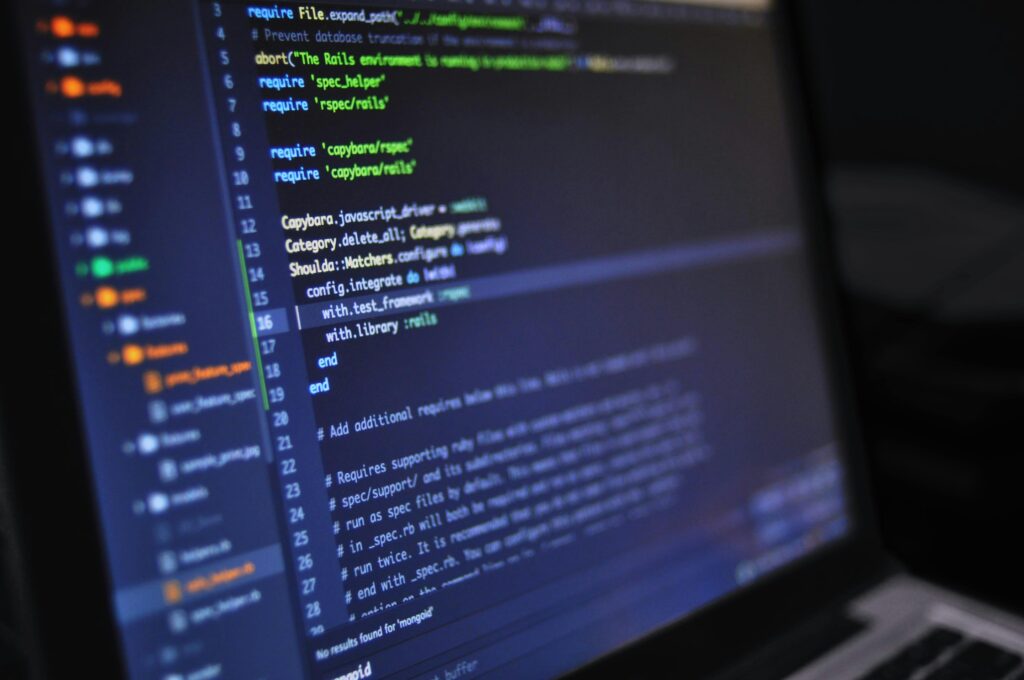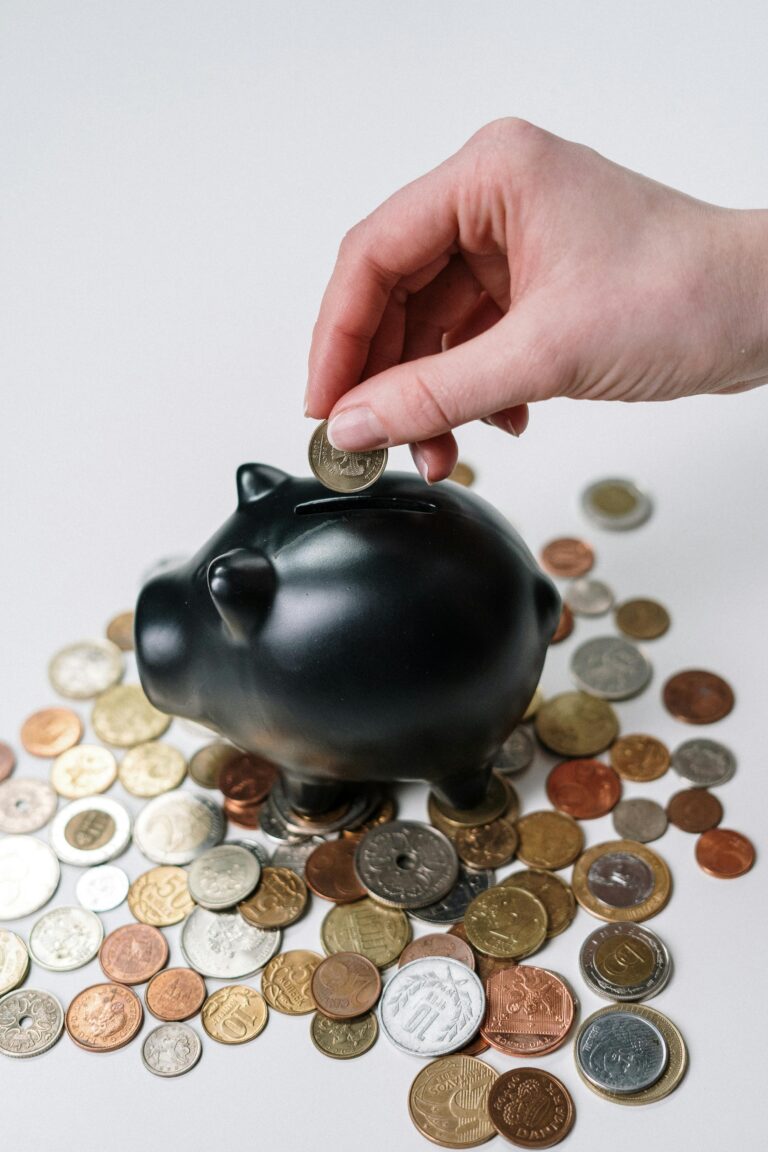
How to Become an International Trader: A Simple Guide to Success

Trading internationally can be an exciting and profitable business, but it requires knowledge, discipline, and careful planning. Whether you want to trade stocks, commodities, currencies, or cryptocurrencies, the process of trading across borders opens up many opportunities. This article will explain how you can become an international trader, create a daily routine to stay on track, including the importance of staying fit, and why discipline is key to success in this business.
What is International Trading?
International trading involves buying and selling assets like stocks, bonds, or commodities in global markets. A trader who works internationally trades financial products in different countries and currencies. This can include trading on major stock exchanges like the New York Stock Exchange (NYSE) or the London Stock Exchange (LSE). International traders can take advantage of global market trends, economic conditions, and currency fluctuations to make profits.
Steps to Become an International Trader
-
Learn the Basics of Trading
Before you can start trading internationally, you need to understand the basics of trading. This includes knowing how the stock market works, the types of assets you can trade, and how to analyze the market. Many beginners start by learning about different types of financial products like stocks, options, and futures. You can find free online resources, books, and videos to help you get started. -
Choose a Trading Market
International trading gives you access to markets around the world. You need to decide which markets you want to trade in. Some traders focus on major markets like the U.S. and Europe, while others may explore emerging markets in Asia, Africa, or Latin America. Each market has its own set of rules, risks, and opportunities. Research the markets you want to trade in to understand their dynamics and how they operate. -
Open an International Trading Account
To trade internationally, you need a brokerage account that allows you to access foreign markets. Many online brokers offer international trading accounts, where you can buy and sell assets across different countries. When choosing a broker, look for one that offers low fees, a user-friendly platform, and access to the markets you’re interested in. -
Understand Currency Exchange
One important aspect of international trading is dealing with currency exchange. When you trade in foreign markets, you’ll often be buying and selling in different currencies. Currency exchange rates can have a significant impact on your profits. You can use a currency exchange service or work with your broker to manage this. -
Develop a Trading Strategy
A successful trader needs a solid strategy. This involves understanding technical and fundamental analysis, which are tools used to predict how an asset’s price might move. Technical analysis looks at historical data to identify patterns, while fundamental analysis examines the economic factors influencing an asset’s value. Combining both methods can help you make better decisions.
Daily Routine and Discipline for Traders
Successful trading isn’t just about making smart trades; it’s about being disciplined and following a routine. A good daily routine can help you stay focused and make better decisions. Here’s an example of a disciplined daily schedule for an international trader:
1. Morning: Market Preparation
- Wake up early (around 5:00 AM): Start your day early to get ahead of the market. Many international markets open early, and it’s important to prepare before trading starts.
- Check global news: Read the latest financial news to understand global events that may affect the markets. This could be economic reports, political news, or natural events like weather changes that affect commodity prices.
- Review your trading plan: Take a few minutes to look at your trading goals for the day and make sure you are prepared for any market conditions. Update your strategy if necessary.
2. Mid-Morning: Market Analysis
- Analyze the markets: Use your tools to analyze the market and identify potential trading opportunities. This might involve checking charts, looking for patterns, or reviewing news reports that could affect currency or commodity prices.
- Check for market openings: Depending on where you are located, the international markets might open at different times. Stay alert for these openings and be prepared to trade if a good opportunity arises.
3. Afternoon: Execute Trades
- Set realistic goals: Don’t try to trade too aggressively. Set a realistic target for the day, whether it’s a percentage gain or a specific number of trades. Stick to your goals and don’t make rash decisions based on emotions.
- Execute trades carefully: When you see a trading opportunity that fits your strategy, execute your trade. Be sure to use stop-loss orders to protect your investments and manage risks. Keep track of any open positions.
4. Evening: Review and Learn
- Review your trades: At the end of the day, go over the trades you made. Did you stick to your strategy? Did you follow your risk management rules? Reviewing your trades helps you learn from mistakes and make improvements for the future.
- Record your progress: Keeping a journal of your trades and decisions can help you track your growth as a trader. Write down what worked and what didn’t, and make notes on how to improve next time.
5. Night: Relax and Recharge
- Take breaks: Trading can be stressful, so make sure to take time to relax. A clear mind helps you make better decisions. Avoid staying glued to your screen all day. Give yourself time to recharge for the next trading day.

Including Exercise in Your Routine: Staying Physically Fit for Success
Trading requires sharp mental focus, but physical health is also important. Maintaining a regular exercise routine will not only improve your overall well-being but also help you stay focused and disciplined during long trading sessions. Here’s a simple workout schedule you can include in your daily routine:
Morning Workout (30 minutes)
- Stretching and Warm-up (5 minutes): Start with light stretching to loosen your muscles and increase flexibility.
- Cardio (15 minutes): Go for a brisk walk, jog, or bike ride. This gets your heart pumping and energizes you for the day.
- Strength Training (10 minutes): Perform bodyweight exercises like push-ups, squats, and lunges. This builds muscle strength and endurance.
Mid-Day Break (10-15 minutes)
- Quick Walk or Stretch (5-10 minutes): Take a short walk around your home or office to stretch and refresh your mind. This break helps reduce stress and improves focus.
- Breathing Exercises (5 minutes): Deep breathing can help calm your nerves and refocus your energy.
Evening Relaxation (15-20 minutes)
- Yoga or Meditation: Wind down by practicing yoga poses or doing meditation. This can help reduce stress and anxiety, improving mental clarity for the next trading day.
Exercise helps improve mental sharpness, emotional control, and overall focus, all of which are essential for successful trading. A healthy body can lead to a healthier mind, and a well-balanced mind helps you make better trading decisions.
Why Trading Is the Best Business With Discipline
Trading can be one of the best businesses to pursue if you have the right discipline. Unlike traditional businesses, trading does not require large investments in inventory, property, or staff. All you need is an internet connection, a trading platform, and the right knowledge to succeed. Here’s why trading is a great business:
-
Low Startup Costs: Compared to running a traditional business, trading requires little capital to get started. You can begin with a small investment and gradually grow your trading account.
-
Global Opportunities: With international trading, you can access markets around the world, giving you countless opportunities to profit. You are not limited by the local economy or restrictions.
-
Control Over Your Schedule: As a trader, you have the freedom to decide when to trade and how much time to dedicate. This flexibility makes trading an attractive option for people who want more control over their work-life balance.
-
High Potential for Profit: With the right strategies, trading can be highly profitable. You can make money from small market movements, and even short-term trades can yield significant returns.

However, success in trading isn’t automatic. It takes time, practice, and dedication. The key to becoming a successful trader is discipline. If you can stick to your strategy, manage your risks, and learn from your mistakes, trading can become a highly rewarding business. Whether you’re trading locally or internationally, a disciplined approach will help you navigate the ups and downs of the market and ultimately reach your financial goals.
Becoming an international trader can be a profitable and exciting career, but it requires dedication, knowledge, and a disciplined approach. With the right daily routine, including exercise to maintain your mental clarity, and a solid strategy, you can succeed in the global markets and enjoy the benefits of this business. The best traders are those who can stay focused, follow their plans, and avoid the temptation to make impulsive decisions. If you approach trading with discipline, you can turn it into one of the best businesses out there.




